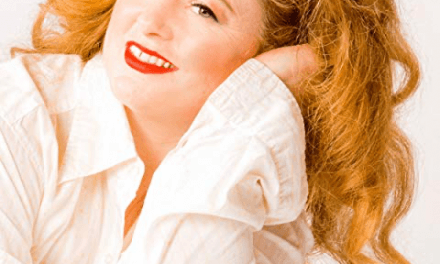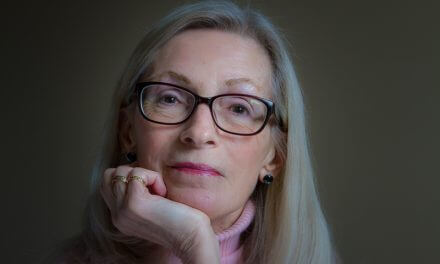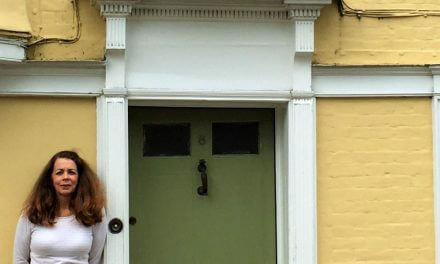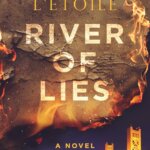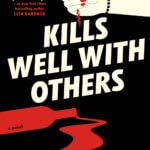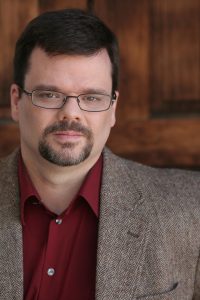
SS: How long have you considered yourself a writer? Did you have any formal training, or is it something you learned as you went?
DH: I decided I wanted to be a writer when I was eight. I wanted to tell the stories I read in comic books. I went to a liberal arts college where there was a definite emphasis on writing, every class had a writing component to it. To write fiction, I adapted the non-fiction training I received in school and then did a lot of bad writing before I did any good writing.
SS: Do you believe in writer’s block? How about reader’s block?
DH: There is no such thing as writer’s block. Writers are the only professionals who’ve created a reason to slack off. Imagine if your doctor had ‘physician’s block’ or a fireman had ‘first responder’s block.’ I do, however, know that everyone has good and bad days, and people who doubt their talent will focus on the bad days over the good days.
SS: It is often believed that almost all writers have had their hearts broken at some point in time. Does that hold true for you?
DH: Sweet Jesus, yes. But I think it’s a rare person who hasn’t had their heart broken. Love is a risk that doesn’t always pan out.
SS: What other authors are you friends with, and how do they help you become a better writer?
DH: I’m in a writers’ group with Jon Richter, Angelina Allsop, Rochelle Katzman, Shai Plonsky, and Michael Cordell, all published authors. We meet once a week and talk about whatever for an hour. We can talk technique or sales or promotion or nothing that’s at all writing-related. It’s great being with people who share my experience. I recommend all writers get themselves friends like these.
SS: Do you ever incorporate something that happened to you in real life into your novels?
DH: All the time. My novels are set in the present day, so it’s easier than if I were, say, a fantasy novelist. Part of the inspiration for my novel dealing with the death penalty was the fact that I went to middle and high school with a guy who ended up on Texas’s death row. Yes, the State did eventually execute him.
SS: Are you looking to entertain or illuminate?
DH: I’m looking to illuminate in an entertaining way. No one wants a message or a moral screamed into their face, but if I can ease one in alongside an entertaining story, the reader might take that message to heart.
SS: What are you currently reading?
SS: I love Rachel Maddow. Do you read your book reviews? How do you deal with good or bad ones? Does a bad one affect your writing?
DH: I read them all. I want to see if I’m reaching my readers, and if you pay attention to the good ones you have to pay attention to the bad ones. If there’s consistent feedback it’s something I need to take account of. No, bad reviews don’t affect my writing.
SS: What’s something memorable you’ve heard from your readers/fans? What’s been the best compliment?
DH: I had a reviewer who got every bit of subtext I put in. All of it. Even the stuff I was sure no one would get. Made me realize all the effort to include that stuff was entirely worth it.
SS: Can you share with us a bit about the moment when the idea for your novel first popped into your head? Did the idea come to you all at once or did different pieces of the story come to you over time?
DH: Years ago, when I was a freshman at the University of Texas, I went to the student union to wait for friends. I grabbed a Daily Texan—the student newspaper—and started reading an article about inmates on death row. I read about a guy named Troy who had been convicted of murdering a guy for $13 dollars. As I read further, I realized that he was the Troy I knew from middle school and high school. But our lives had diverged drastically in a year. He was on death row, he knew exactly what his life was going to be like for the next twenty years. My biggest problem was getting to an eight a.m. French class on time. Right then I knew I had a story. It took me fifteen years to get good enough to write it, and another few years to sell it.
SS: Do you know the ending to your story when you put pen to paper? If so, have you ever changed the ending after you started to write.
DH: In order to write, you need to know the story you want to tell, beginning, middle, and end. Writing without knowing those three things is just an exercise that likely could devolve into a waste of time. Do you need to have every moment outlined beforehand? That depends on how you work, but I don’t do it that way. While you need to know the story you want to tell, when you tell it you need to listen to your muse.
SS: How did you decide what to reveal when during your story? Did you have those reveals in mind when you started writing? Did you shift things around afterwards?
DH: The reveals need to be two things: 1. organic, flowing from what the characters and readers already know, and 2. a surprise to the characters (I can’t control what’s a surprise to the reader). So, yes, I plan the reveals when I set the sequence of scenes. And, yes, I do change things around because I need to adjust the pacing and mood.
SS: Patricia Cornwell (Scarpetta) worked in a morgue to research her books. What is the darkest place your research has taken you?
DH: Researching the specific sequence of what happens during an execution in the Texas death chamber. From what the last meals are allowed to be, to when the condemned is brought in, to how they say their last words, to the specific sequence of chemicals used to kill them and what those chemicals do to the human body.
********************
The Guilty Die Twice is available through:
********************
You can follow Don here on social media:
Twitter | Instagram | Facebook |
********************
This post contains Amazon Affiliate links. As an Amazon Associate, I earn a small amount from qualifying purchases.
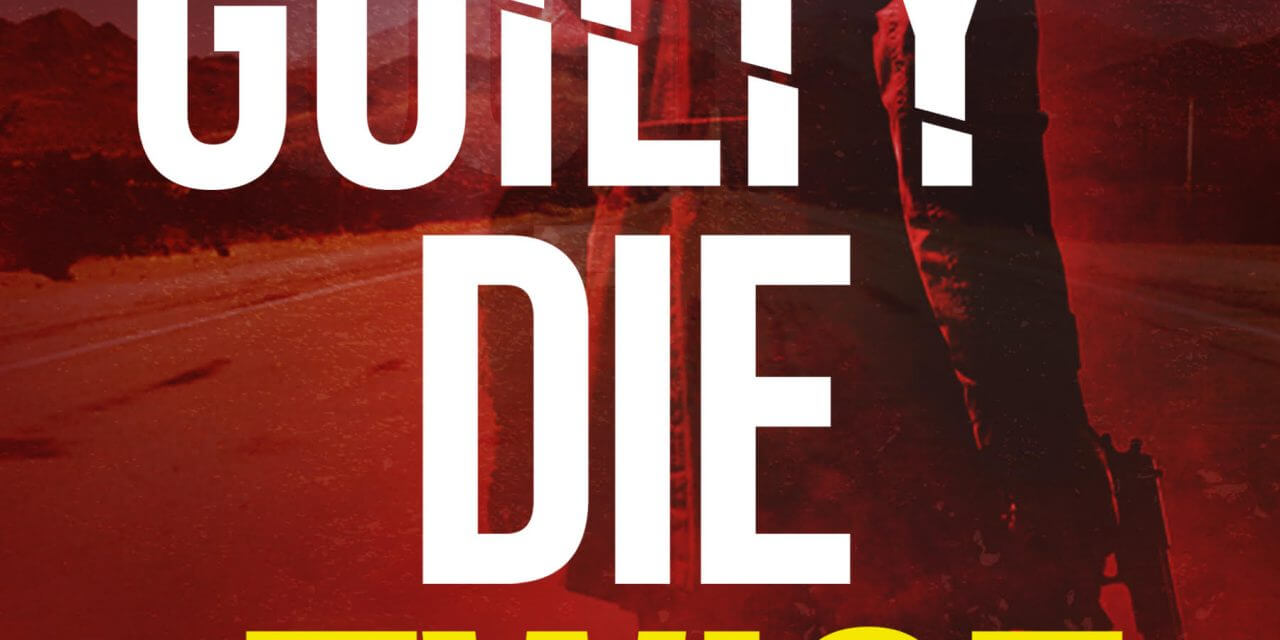

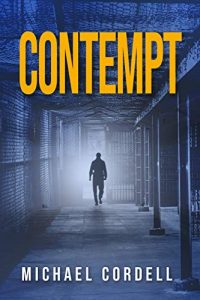 DH: Fiction –
DH: Fiction – 